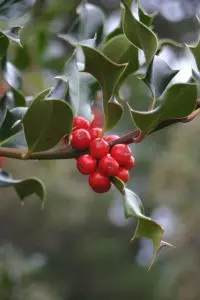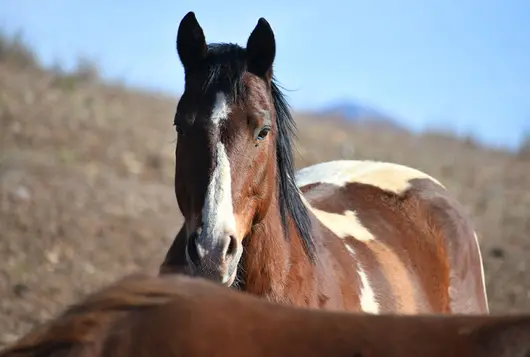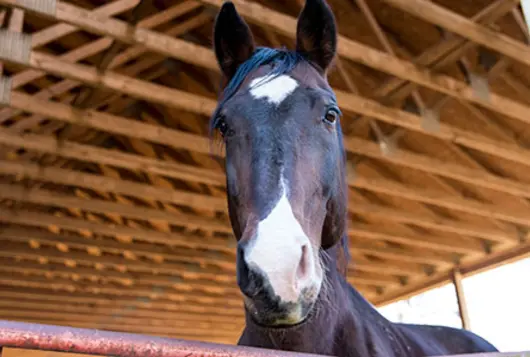4 Holiday Plants That Cause More Worry Than Warranted

Some holiday plants get a bad rap that’s not necessarily deserved. While they’re certainly not good for pets to ingest, they’re also not as dangerous as many people believe. Here is ASPCA Poison Control’s list of plants that generally cause the most anxiety for pet owners.
Poinsettia (Euphoribia Pulcherrima)
Poinsettias may be the most misrepresented plant when it comes to toxicity. Since 1919 Poinsettias have been called lethal if ingested by pets. However, many animal studies have shown that it is just not true. What you may see is some gastrointestinal irritation (vomiting, diarrhea) from the milky sap of the plant.
Christmas Cactus (Schlumbergera Truncata)
Christmas cactus is another common holiday plant that is naturally found in the coastal mountains of Brazil. While hypersensitivity reactions have been reported in humans, all that has been seen in dogs is vomiting, diarrhea (both potentially with blood), anorexia and depression. In cats, ataxia has also been reported.
Holly (Ilex Aquiforlium)
Common signs seen include vomiting, diarrhea, anorexia, lip-smacking and head-shaking. Mechanical injury to the oral mucosa can occur from the leaves and foreign body obstruction may occur if a very large amount of the leaves are ingested.
Christmas tree preservative
Preservatives used today generally contain small amounts of fertilizer and dextrose. Ingestion of these preservatives generally result in mild vomiting and diarrhea.
More ASPCA Poison Control Resources
Share the Winter Holiday Hazards Survival Guide for People and Their Pets with your clients.
Visit us on Facebook for ASPCA Poison Control news and conversation.
Read case studies, keep up to date on the latest research, and find out more about how ASPCA Poison Control can help you by checking out all the resources available in the ASPCA Poison Control section on ASPCApro.
We have lots more on this subject:




